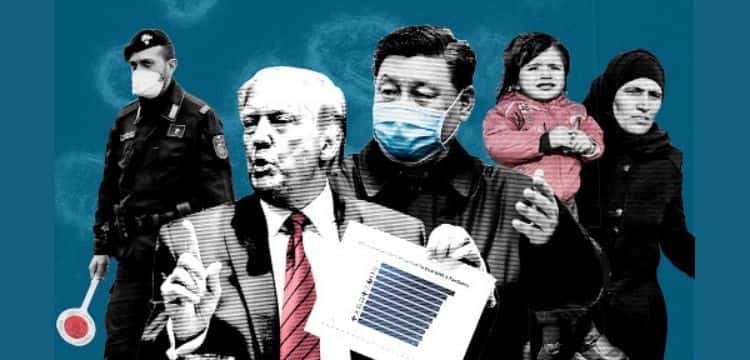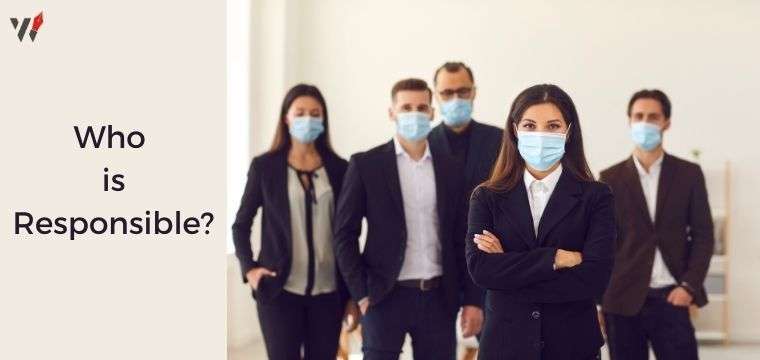
One prediction can be made with certainty, amid the contemporary turmoil. Which is that the corona virus pandemic will soon lead to divisive and destructive political blame games breaking out. Politicians, policymakers and analysts will all try to stop bearing the blame for certain decisions or views that were ultimately incorrect. Forget about collective protection, social distancing and flattening curves, the probability is that battling the crisis will be balanced by a counter strategy revolving around political protection, blame-distancing and flattening the public appetite for a scalp when crisis exhaustion sets in.
Social unity is to become a scapegoat. Cracks are already on show and will soon develop into political chasms into which some leaders will fall, others will be pushed and can only escape by continuing their careers in the shadow of the crisis. That is inevitable to some degree. As the situation worsens, the strain rises to levels that have literally never been faced by today’s generation of politicians.

Internal discord about who will take responsibility for the plan so far is festering. The presence of conflicting political interests is starting to scrape and grind, the media are sniffing the smell of a controversy over the lack of testing and there are increasingly anxious concerns as to whether more stringent steps are required now. The simple truth is that even now – right at the very epicenter of the crisis – ministers and their special advisors, officials and their experts can think about who will hold the can when the dust settles down, the masks will fall off and the transparency industry will kick in.
Within a low-trust high-blame adversarial polity like the US, a level-headed, rational and proactive review of the evidence is rarely the essence of post-event inspection. Instead, the emphasis is on blame sharing, heaping responsibility, seeking scapegoats, pointing fingers and (finally) proposing resignations.
Ending thoughts on Corona virus and Blame Games

Pandemic politics appears to be related to government failure. This is a momentous level. Regardless of what steps a government may take or how quickly measures are put in place, the fact that a pandemic brings with its disaster and uncertainty intermixed with death and misery through its very nature means that every governmental response is seen in generally vital terms. So, how could we recognize and understand the emergence of blame-avoidance strategies, particularly in relation to mechanisms of preemptive self-preservation? Here too, Political science provides a rich source of scholarship.
It is not just the detractors that count. It’s the cycle of constructing new hospitals, implementing new initiatives, finding new resources, liaising with other governments, organizing a large network of organisations, calming the public, and reshaping the economy. The law of unintended consequences adds another layer of uncertainty, and understanding that these are actually life-and-death matters yet another. It’s likely there will be things going wrong. A complete solution to the pandemic is unlikely.
But who will remember this at the blame games for corona virus?

 WhatsApp
WhatsApp